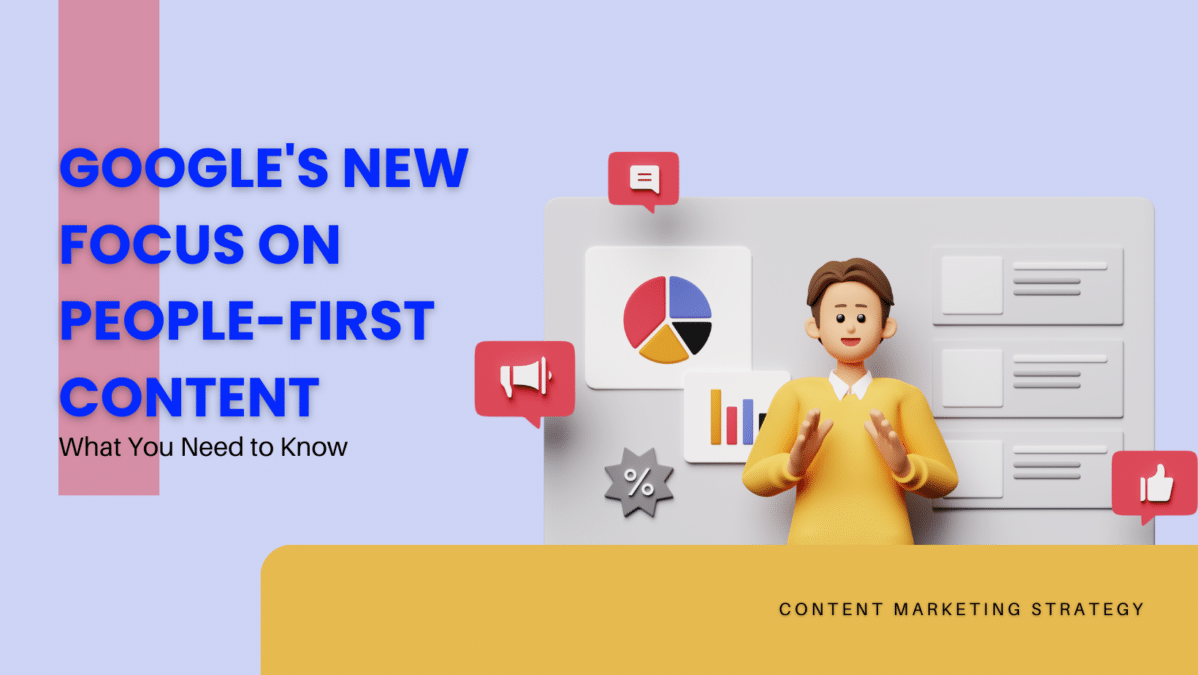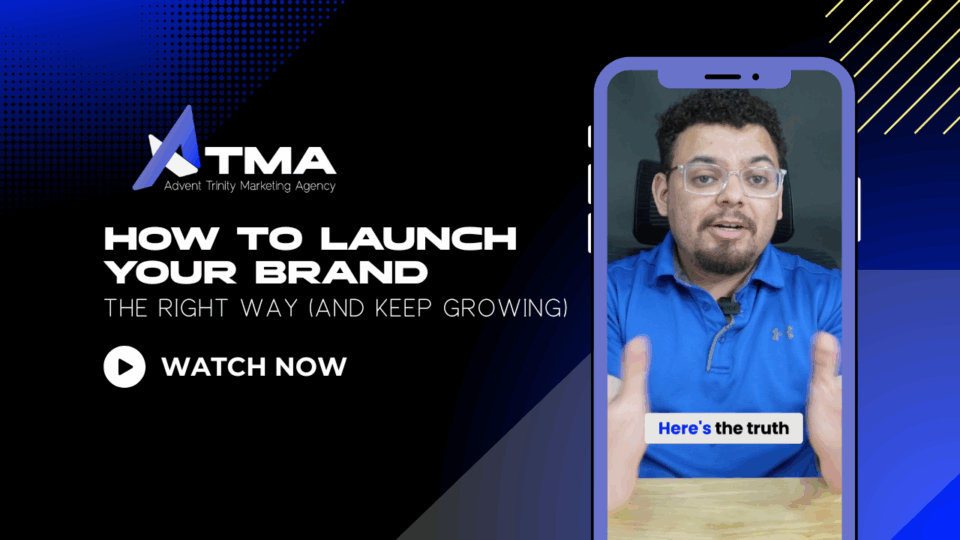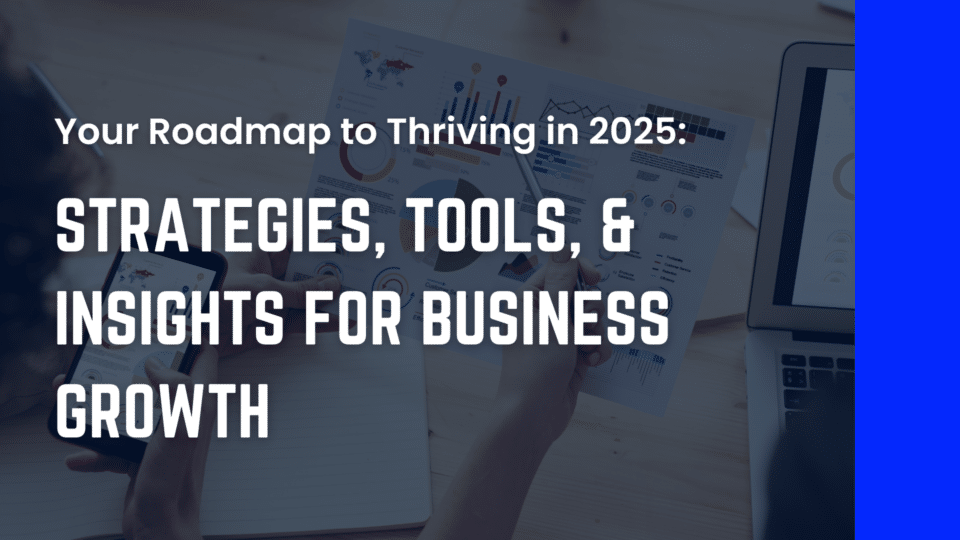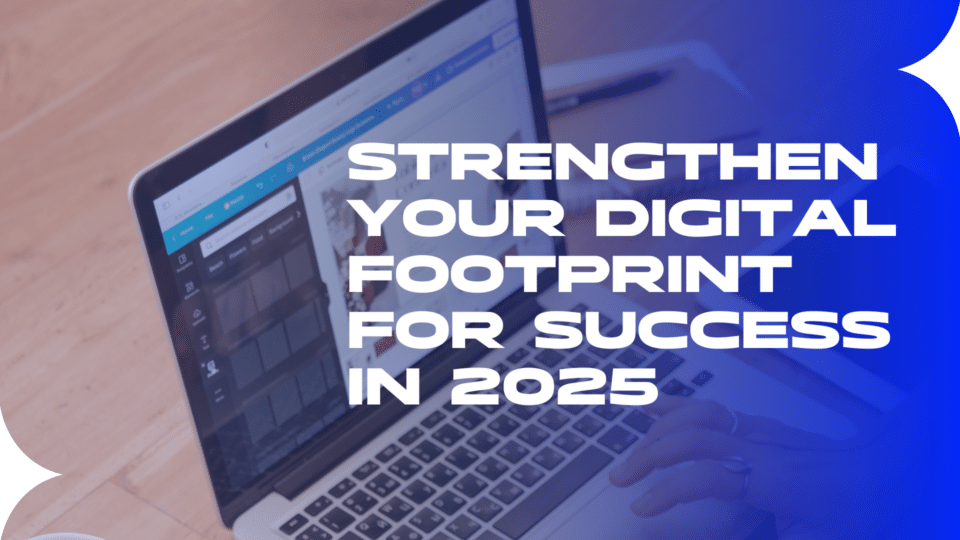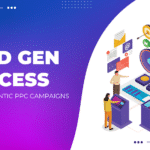
Get Lead Gen Success With Authentic PPC Campaigns
November 1, 2023
How to Choose the Right Font for Your Marketing
November 15, 2023Google’s New Focus on People-First Content: What You Need to Know
Explore Google’s emphasis on people-first content, its evolving stance on AI-generated content, and critical 2023 algorithm updates.
The digital age has ushered in rapid advancements, with search engines at the forefront of change. Among the leaders, Google continually reshapes how we access and consume information. Their latest pivot places a significant emphasis on ‘people-first content.’
The New People-First Content Update Explained
The digital world buzzed when Google announced it aims to enhance how it recognizes content with unique expertise and experience. Their mission? To spotlight those ‘hidden gems’ or high-quality, invaluable pieces often buried in search results. The driving force behind this is not just to prioritize rankings but to champion content genuinely crafted to inform and assist users by creating people-first content.
AI Content and Google’s Changing Stance
Remember when machine-generated content was a no-no for Google? Times have changed. Google’s modified guidance now seems more accepting of content aided by Artificial Intelligence (AI). While the initial stance prioritized human-made content, the updated guidance is more encompassing, indicating an acceptance of content “created for people,” regardless of its origin.
Third-Party Content: Main Site vs. Subdomains
Google’s latest update brings clarity for sites that host third-party content. If your website houses such content, especially if it’s unrelated or unsupervised, caution is advised. Google’s new guidelines may potentially downgrade sites with unrelated third-party content, emphasizing the need for relevance and oversight.
Hosting third-party content refers to a website displaying or publishing material not originally created by the site’s owner or primary team. Instead, this content comes from external sources or contributors.
Third-party content gets on your site through various means, such as partnerships, guest posts, content syndication, embedded widgets, or by integrating APIs that pull in external content. For example, an RSS feed is a standard method used to automatically pull in and display third-party content on a website, keeping the content updated as the original source publishes new material.
Updated Self-Assessment Guidance
Staying ahead means adapting to change, and Google’s revised Self-Assessment guide provides clear directives for creating people-first content. New elements introduced include emphasizing ‘reviewed’ content and cautioning against false indications of content freshness. These additions underline Google’s commitment to offering users accurate, current, and expert-reviewed content.
Recovering from the Helpful Content Update
If you’ve felt the pinch from this update, Google offers a lifeline. Their advice? Review your content. Anything that doesn’t resonate as helpful should either be enhanced or discarded. Google’s guidance document titled “How to create helpful, reliable people-first content” offers insights to help websites align better with this vision.
An In-Depth Look at ‘People-First Content’
The core of this update emphasizes ‘people-first content.’ This strategy underscores the importance of creating material that is genuinely and thoughtfully designed for the benefit of the reader.
Google advocates for a balanced approach, cautioning content creators against focusing solely on attracting search engine attention. Such a narrow focus might prove counterproductive in the long run. Instead, the overarching directive from Google is to prioritize the needs and interests of the audience over merely trying to appease the algorithm. By doing so, content creators can ensure their material resonates more deeply with their intended audience.
The E-E-A-T Framework for People-First Content
How do you create people-first content? Use the E-E-A-T Framework. Experience, Expertise, Authoritativeness, and Trustworthiness (E-E-A-T) isn’t just a catchy acronym. It’s a foundational framework that Google uses to rank content. While all elements of E-E-A-T are essential, trust stands out as paramount.
For topics impacting health, financial stability, or safety – termed “Your Money or Your Life” (YMYL) topics – content aligning strongly with E-E-A-T gets a boost. Google employs Search Quality Raters to ensure their algorithms deliver. While they don’t directly influence rankings, their feedback is invaluable for Google’s continuous improvement.
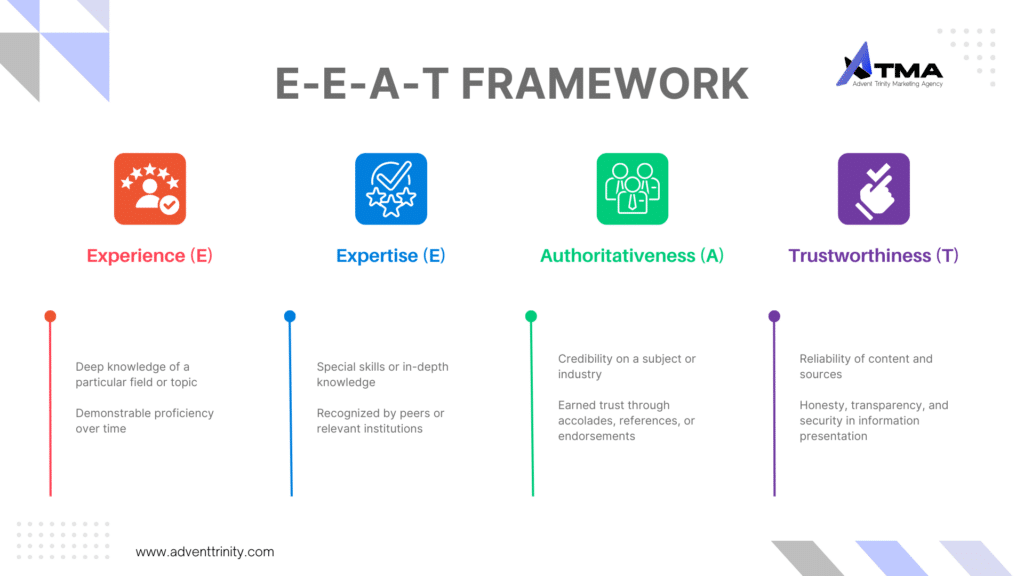
The Importance of Who, How, and Why in People-First Content Creation
Let’s keep it simple:
Who made the content? Being transparent about authorship builds trust.
How was it made? If automation or AI plays a role, be honest about it. It can enhance credibility.
Why was it created? The ideal answer is to help and inform readers.
If search engine ranking was the primary goal, it’s time to rethink.
Adapting to Google’s Constant Evolution
One thing remains consistent in the world of SEO: change. The search engine giant Google updates its algorithm at an astonishing frequency. A conservative estimate pegs this number at 500 to 600 times annually. While most of these are minor tweaks, certain landmark shifts, akin to the BERT or Passage Ranking updates, can dramatically alter rankings across the board.
Such continual modifications remind webmasters that adaptability is the key to thriving in the digital space.
Let’s do a quick breakdown:
In 2021 alone, Google implemented over 5,000 changes to Search. This staggering figure encompasses alterations to its ranking system, user interface, and more. Additionally, the company ran upwards of 800,000 experiments. This boils down to roughly 13 changes to Google search every single day.
Broad Core Algorithm Updates and Others in 2023
To truly understand the magnitude of Google’s dedication to refining search, a brief chronology of its updates provides clarity:
2023 Google Algorithm Updates
September 2023: The Helpful Content System Update on Sept. 14 centered around an “improved classifier.” This update provided significant revisions to Google’s search documentation. The focus here was on matters like third-party content hosting, alterations in content dates, and the addition or removal of content. This rollout spanned approximately two weeks.
August 2023: The Core Update on Aug. 22, culminating on Sept. 7, kept many in suspense as Google didn’t offer specific insights. The buzz around this update was relatively subdued compared to its predecessors.
May 2023: The Topic Authority System, launched on May 23, aimed to elevate content in Google Search and Google News that showcased knowledge and expertise. Despite being in use for several years, this was the inaugural announcement of its kind from Google.
April 2023: The Reviews Update, beginning on April 12 and concluding on April 25, broadened the purview of Google’s “product reviews system” to encompass all reviews, be it for products, services, businesses, or even media. This update was particularly tumultuous, causing more ripples than earlier product review updates.
March 2023: The Core Update from March 15 to March 28 was on par with prior core updates regarding its impact. Google stayed tight-lipped about this one, offering no specific guidance.
February 2023: The final Product Reviews Update was unveiled on Feb. 21 and saw completion on March 7. This update added ten more languages to its repertoire and was noticeably more disruptive than its antecedents.
The Implication for Your Website
Such continual shifts can be daunting for website owners. However, understanding and adapting to these changes, instead of resisting them, is pivotal. With Google’s primary focus on serving users with authentic, helpful, and high-quality content, ensuring your website’s content aligns with these principles is crucial. Sites that prioritize the user, maintain transparency, and deliver value are the ones that stand to benefit the most from these frequent updates.
Shifting Gears for the Future for People-First Content
As we look ahead, it’s evident that Google is championing content that offers real value to readers. For content creators and businesses, this means an unwavering commitment to quality, authenticity, and user-centricity. With a clear vision and consistent effort, succeeding in this new directive from Google is not just possible but promising. Embrace the change, prioritize your audience, and the rewards will follow. In other words, create people-first content.
Advent Trinity Marketing Agency diligently monitors Google’s frequent updates, ensuring your site remains optimized and aligned with the latest SEO best practices and standards.

